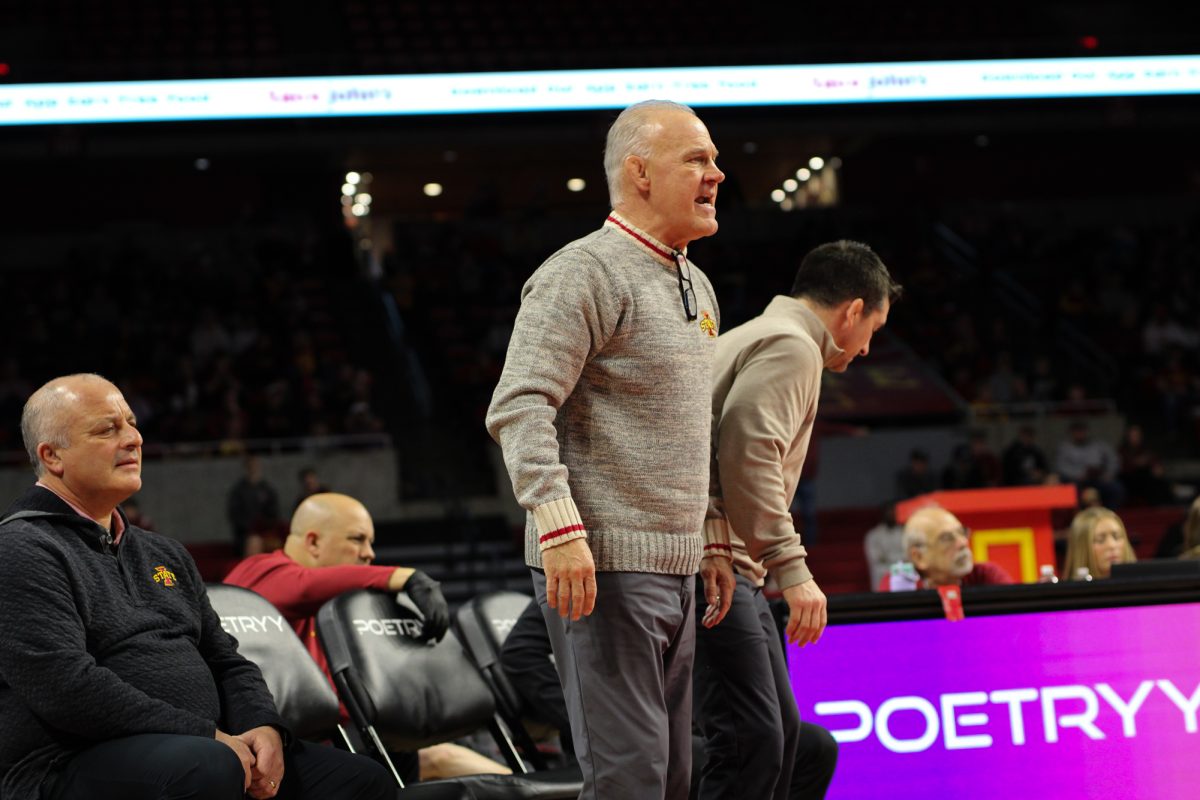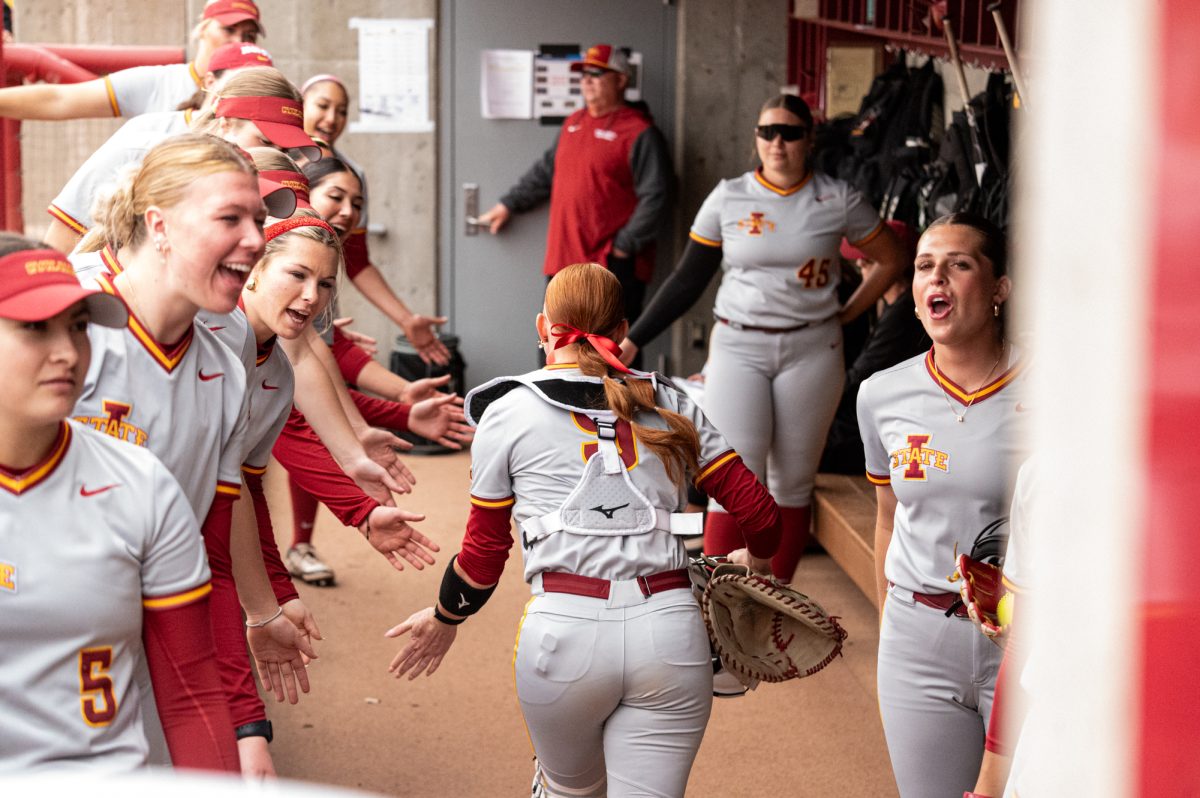First Amendment advocates speak about famous law case
April 14, 2005
Clad with black armbands commemorating John and Mary Beth Tinker’s 40-year-old protest, students, staff and freedom of expression advocates came to the Great Hall of the Memorial Union on Wednesday night to listen to the two influential First Amendment rights activists.
The Tinkers, known for their famous students’ rights case Tinker v. Des Moines Independent Community School District, spoke about their case and their views of the world today.
In December 1965, the brother and sister, along with another student, decided to wear black armbands to school, mourning the deaths on both sides in the Vietnam War and supporting Sen. Robert Kennedy’s call for a truce in Vietnam.
Soon after, school administrators passed a rule that anyone refusing to remove a black armband would be suspended, but the Tinkers continued their silent armband protest.
“You have a decision to make, a choice,” Mary Beth said. “We decided that was a rule we had to break; we decided that peace was more important.”
After the Tinker’s suspension, they fought for their right to wear the armbands, taking the case all the way to the U.S. Supreme Court, which ruled in the Tinkers’ favor.
Since the decision, John has remained active in helping students express themselves.
Mary Beth encouraged young people in the audience to stand up for their rights.
“In 1965, John and I were just kids in trouble,” Mary Beth said. “Don’t just go with the popular idea at the moment — you never know when things might change.”
John spoke last, briefly speaking about his experiences talking to people about his case.
“It’s very fulfilling for me to be a patriotic American, in the truest sense of the word,” he said.
He spoke about the importance of the First Amendment, the freedom of expression, and how critical it is for democracy.
“It’s number one,” John said. “It means a lot to democracy for people to be able to share ideas with each other.”
David Bulla, assistant professor of journalism and communication, spoke about the creation of the First Amendment and various threats to it, including the Tinker case.
Gary Lindsay, president of the Iowa High School Press Association, also spoke about the case.
Lindsay called the Tinker case “a shining example of when students need to stand up.”
He said there are many examples of the problems a free press faces in schools today and how students are fighting back. He argued freedoms are not won on foreign battlefields.
“I think they are won in our own battles we fight here,” he said.






